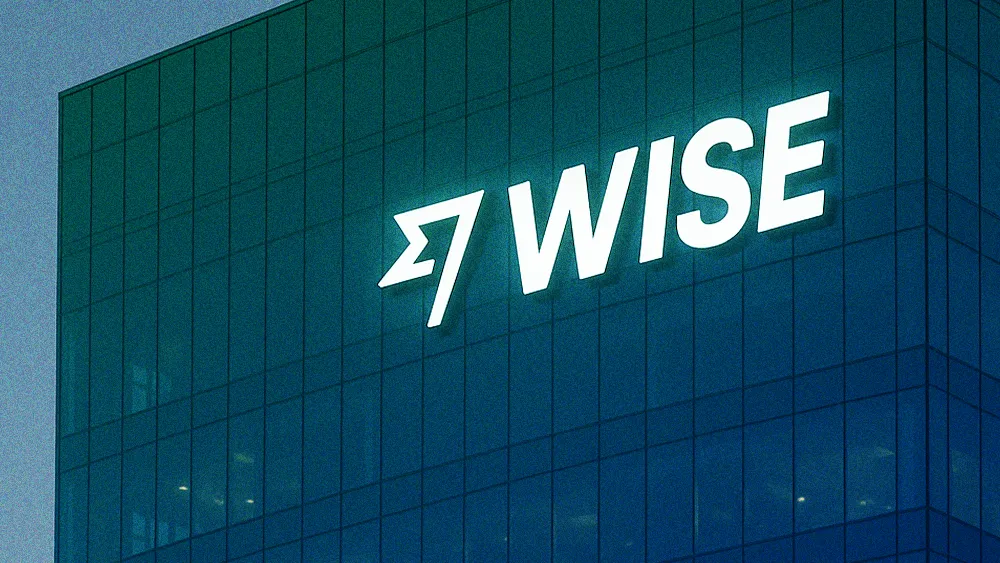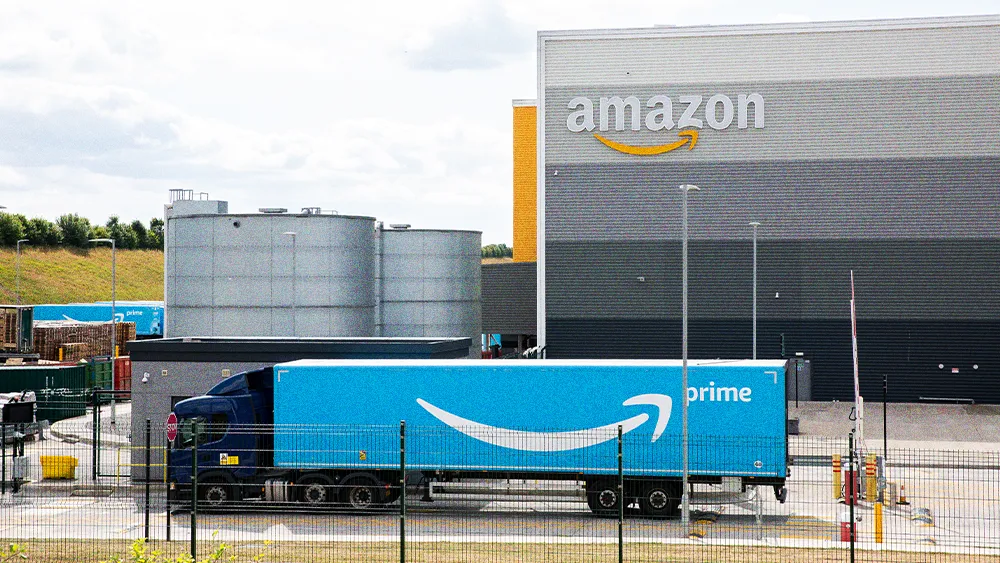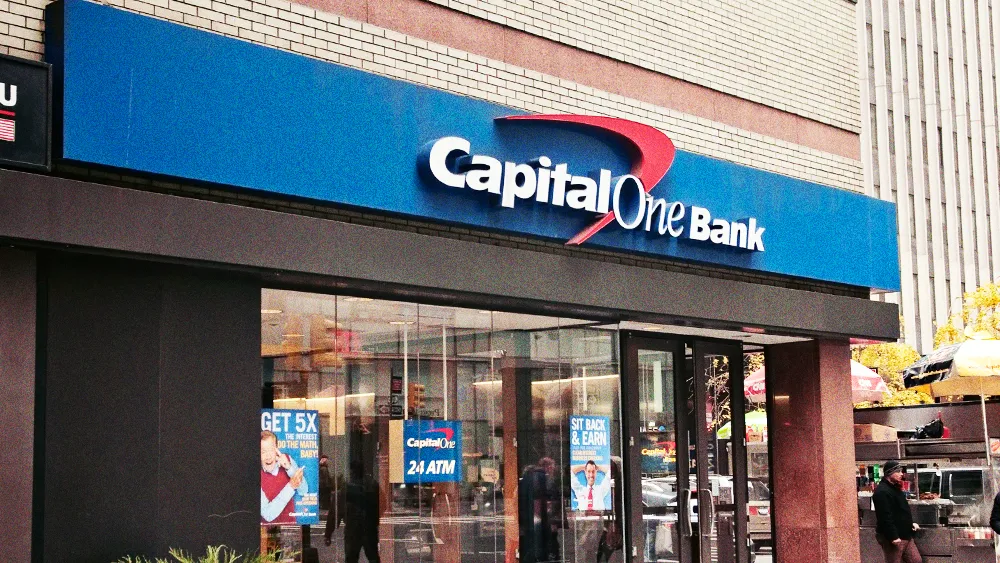
All articles
Wise Eyes UK Banking License as it Shifts from Fintech Disruptor to Industry Player
Wise is exploring becoming a fully-regulated UK bank to expand into lending and traditional banking services.

Key Points
Wise is exploring becoming a fully-regulated UK bank to expand into lending and traditional banking services.
A UK banking license would allow Wise to hold customer deposits and reduce reliance on third-party banks.
This move follows Wise's strategy in the U.S., where it seeks a national trust bank charter.
Wise's potential banking shift marks its second major strategic change this year after moving its stock listing to the U.S.
Analysts view Wise's UK banking ambitions as a vote of confidence in the UK's regulatory framework.
Global payments giant Wise is reportedly exploring a bid to become a fully-regulated UK bank, a move that would allow it to expand into lending and other traditional banking services, as first reported by The Times. The effort is still in its infancy, with the company said to be courting financial services executives for a potential new division, though Wise declined to comment on what it called “rumors or speculation.”
The banking playbook: A full banking license would allow Wise to hold customer funds as deposits for lending and give it "direct access to the U.K.’s payment infrastructure," which would reduce its reliance on third-party banks and cut costs, according to banking analyst John Cronin.
Déjà vu: A UK license would mirror the company's strategy in the U.S., where the firm is already pursuing a national trust bank charter to cut out intermediary banks and settle dollar payments directly.
Shaking things up: The potential jump into banking would be Wise's second major strategic shake-up this year, following its decision to shift its primary stock listing from London to the U.S..
Once a fintech disruptor defined by its opposition to traditional banks, Wise now appears to be building the infrastructure to become one, signaling a new chapter in its evolution. The company's move to a U.S. stock exchange has been called a "fresh blow to the London stock exchange," a decision that shareholders officially approved in July. Meanwhile, some analysts see the potential pursuit of a UK banking license not as a contradiction, but as a "vote of confidence" in the UK's regulatory framework.







